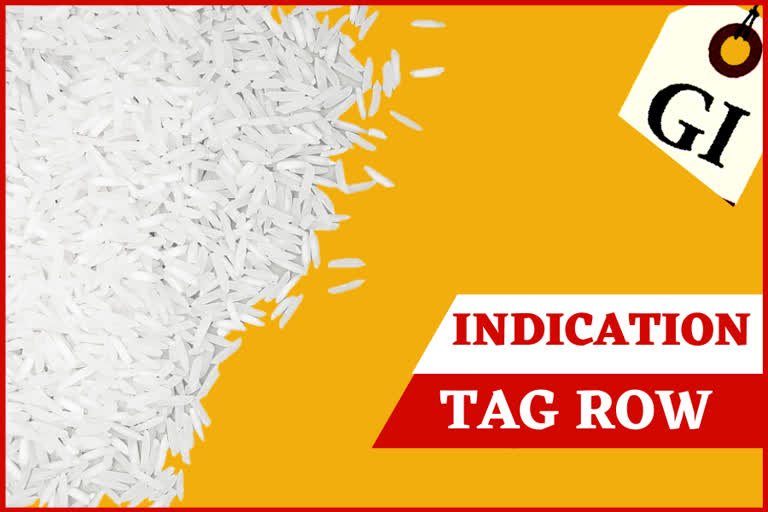Islamabad: Pakistan is facing a potential threat of major damage to its exports as India has applied for an exclusive Geographical Indications (GI) tag to Basmati rice in the European Union (EU).
Islamabad on the other hand is still yet to implement the GI law promulgated in March.
As per the Indian application, Basmati is special long grain aromatic rice grown and produced in a particular geographical region of the Indian sub-continent.
It added that this region is a part of northern India, below the foothills of the Himalayas forming part of the Indo-Gangetic Plains (IGP).
"The special characteristic of Basmati is grown and produced in all districts of the state of Punjab, Haryana, Delhi, Himachal Pradesh, Uttarakhand as well as in specific districts of western Uttar Pradesh and Jammu and Kashmir", the Indian application maintained.
Leading Pakistani rice exporters have called on the government to immediately oppose the Indian application.
"Indian application at EU must be opposed immediately as it would badly damage Pakistani exports to European countries," said Taufiq Ahmed, a leading exporter and bearer of Rice Exporters Association of Pakistan (REAP).
"Despite repeated requests and reminders, concerned authorities in Pakistan have been ignoring this serious issue for years and now if the problem is not handled swiftly then we would be left with no option but to sell Basmati rice with an Indian name/brand," he added.
Read also: Madhya Pradesh plea seeking GI tag for Basmati rice dismissed
Ahmed said that Pakistan must come in immediate consultation with international dictionaries to rectify the definition as the same rice is largely produced in the country.
"Apart from opposing the GI tag from the EU, Pakistan must also consult international dictionaries to rectify the definition."
"Unfortunately, India is also regarding Himalayan salt and Multani Mitti with Indian names in the international market", he said.
Official sources from the federal ministry of commerce said that the Indian application in the EU will definitely be opposed.
They added that since the GI law has been promulgated, Islamabad would take up the issue of all GI products of Pakistani origin with the EU.
"Basmati was already recognized as a product of both India and Pakistan in the European Rice Regime and its Duty-Free Regime, making it illegal for India to claim exclusive rights of Basmati in the EU," said an official from Intellectual Property Organization (IPO), an attached department of the ministry of commerce.
"The Cambridge dictionary and Wikipedia also show the product as originating from Pakistan and India," he added.
Islamabad enacted the Geographical Indications (Registration and Protection) Act in March this year, which gives it the right to oppose Indian application for registration of Basmati rice's exclusive rights.
IANS



